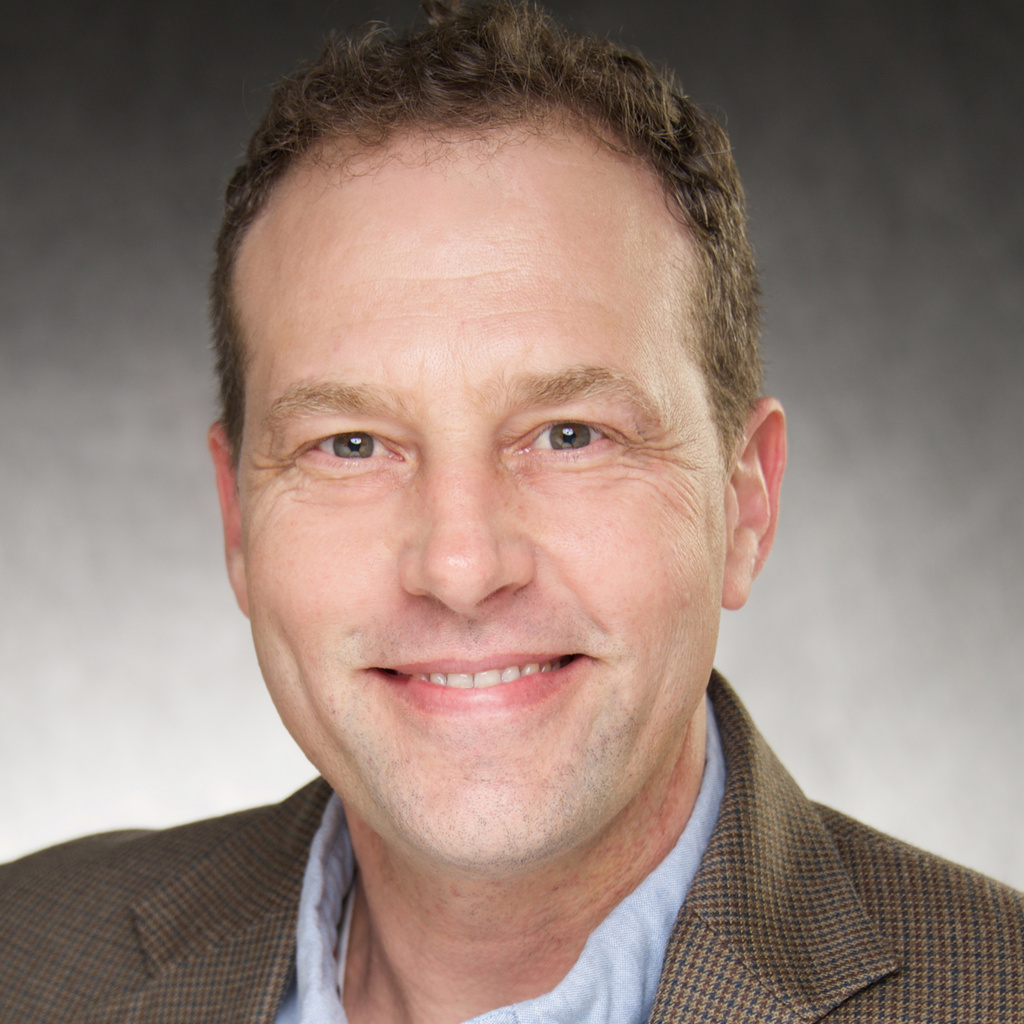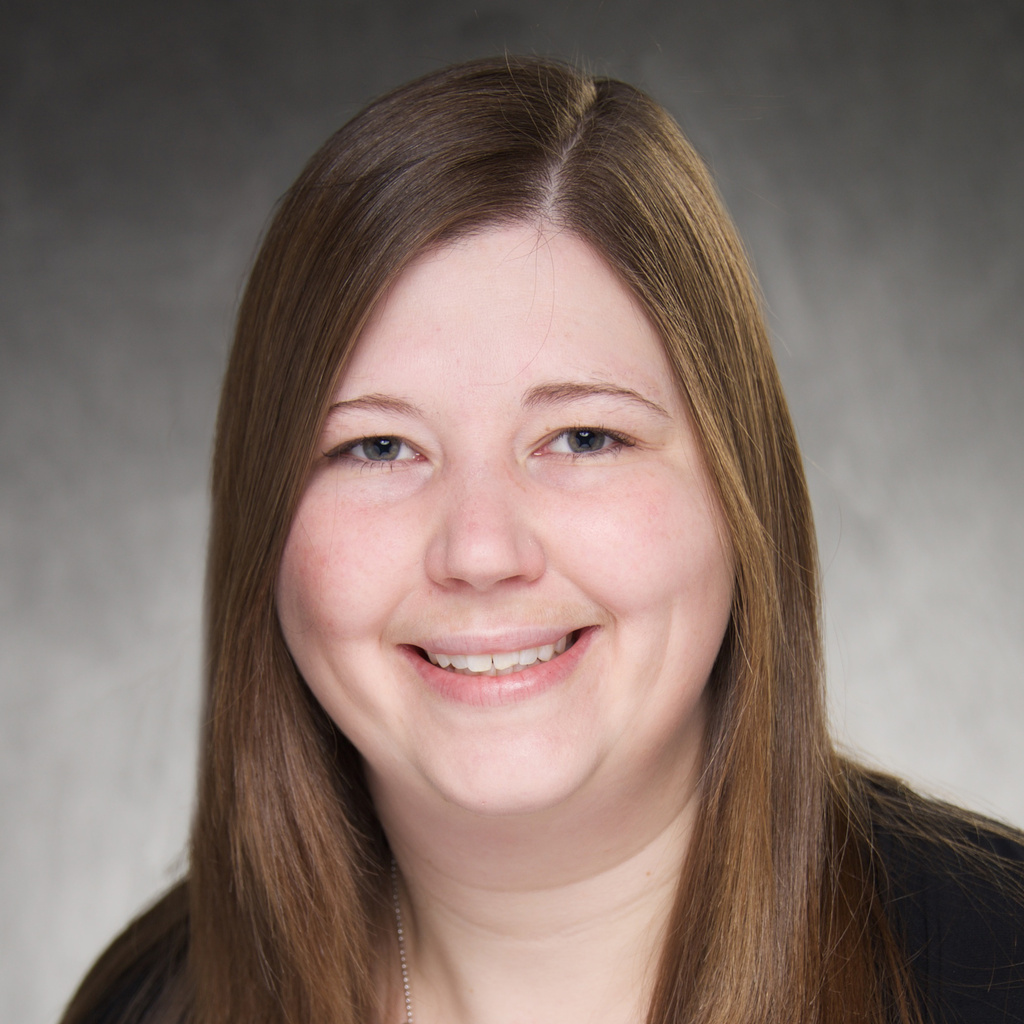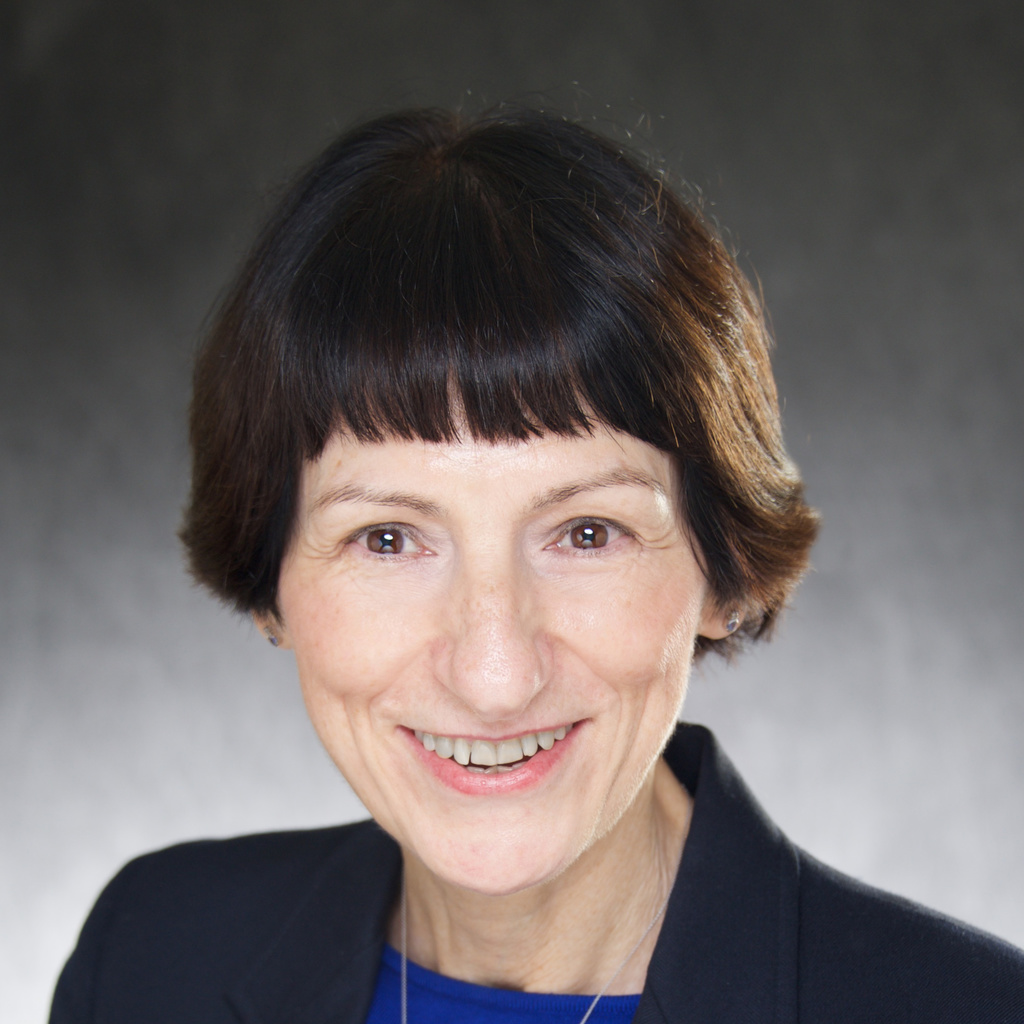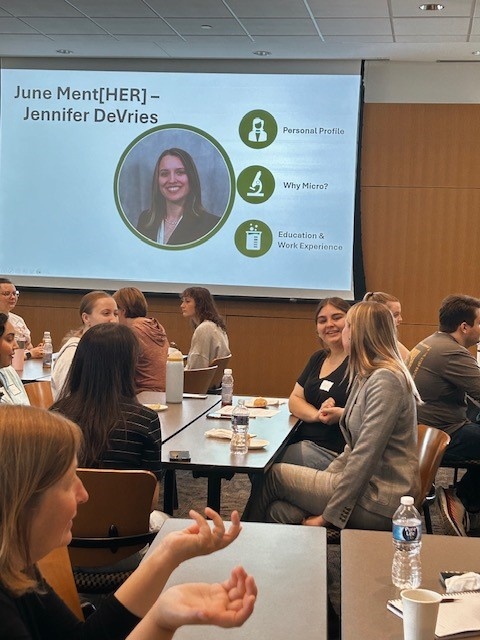Main navigation
Training in Mechanisms of Parasitism is supported by a T32 training grant from NIH/National Institute of Allergy and Infectious Diseases (T32 AI007511) and has been funded since 1996.
The program unites scientists working on different microbial systems and methods, but addressing similar questions about “Parasitism”, i.e. the pathogenesis of microbial diseases. Faculty provide trainees with an opportunity to address basic questions regarding microbial pathogenesis using a full repertoire of techniques. Our underlying hypothesis is that protozoal, helminthic, bacterial, and viral pathogens face similar obstacles in overcoming mammalian antimicrobial defenses. The mechanisms through which one pathogen evades killing within the host may provide insights into means through which other pathogens survive in their unique host niche. There is a long history of collaborative research and training among the laboratories at the University of Iowa, and particularly between members of this Parasitism program.
PROGRAM GOALS
The goals of this program are:
1. To foster collaborations among scientists and trainees with expertise in complementary disciplines;
2. To encourage trainees to take advantage of the expertise of faculty members in diverse fields;
3. To ensure that trainees are well informed of new advances in technology and their applications to biological questions;
4. To foster interactions among graduate students, PhD postdoctoral fellows, and MD fellows in different laboratories; and
5. To carefully monitor the progress of trainees so that their learning and productivity are maximized.
This training program currently supports pre-doctoral students (combined MD/PhD or PhD only) and post-doctoral fellows.
2025-2026 TRAINEES
Post-doctoral Trainees:
Damien Castor
Kaylee Norman
Jonah Propp
The following departments and programs are currently participating in the training program:
Principal Investigators

Noah Butler, PhD
Dr. Noah Butler earned his Ph.D. from the Immunology Graduate Training Program at the University of Iowa and completed his postdoctoral training with Dr. John Harty, a leading authority in T cell biology. His work during this time sparked a long-term interest in the specificity and effector mechanisms of CD4⁺ T cells during Plasmodium infection. Dr. Butler launched his independent research program at the University of Oklahoma Health Sciences Center in 2012 and was recruited back to the University of Iowa in 2017, where he now serves as Professor of Microbiology and Immunology and holds the Mark Stinski Professorship in Immunology. Dr. Butler is internationally recognized for his contributions to T cell immunology, with a research program focused on CD4⁺ T cell responses to Plasmodium and other pathogens. His work has been continuously supported by the NIH since 2015, and he currently serves as PI on multiple R01 grants. He was a standing member of the NIH Pathogenic Eukaryotes Study Section from 2018 to 2022 and has published in top-tier journals including Nature Immunology, Nature Medicine, Immunity, and Cell Host & Microbe. A dedicated mentor and educator, Dr. Butler has trained postdoctoral fellows and graduate students who have gone on to leadership positions in academia and industry. He also contributes to national training initiatives, having been a co-director on the Parasitism and Immunology Postdoctoral T32. Dr. Butler actively participates in teaching in several undergraduate and graduate courses.

Mary Weber, PhD
Dr. Mary Weber earned her M.S. in Biology from Texas State University, where she studied interspecies interactions in mixed-species biofilms, and her Ph.D. from Texas A&M Health Science Center, where she investigated the role of Dot/Icm secreted effectors in Coxiella burnetii pathogenesis. She completed her postdoctoral training at the NIH's Rocky Mountain Laboratories, where she focused on Chlamydia trachomatis host-pathogen interactions. In 2017, Dr. Weber joined the University of Iowa as a tenure-track Assistant Professor and was promoted to Associate Professor with tenure in 2023. Her NIH-funded research investigates how secreted effector proteins from Chlamydia trachomatis and Orientia tsutsugamushi manipulate host cell pathways to establish unique intracellular replicative niches. Dr. Weber is an active educator and mentor, having trained numerous undergraduate, graduate, and postdoctoral scientists, and currently serves as the Chair of the Microbiology Graduate Admissions Committee. She also directs the "Bacteria and Human Disease" course and contributes to several other graduate-level courses. Dr. Weber also serves as the Faculty Advisor for the American Society for Microbiology Student Chapter at UIOWA. She is currently a standing member of the bacterial virulence study section.

Mary E. Wilson, MD
Dr. Mary Wilson is Professor of Internal Medicine and Microbiology & Immunology. She holds the University of Iowa Professorship in Global Health and is a member of multiple graduate programs, including Microbiology, Immunology, Molecular Medicine, and Genetics. Dr. Wilson has served in numerous leadership roles in interdisciplinary programs and the MSTP, including on Executive, Curriculum, Student Advisory, and Admissions Committees. Dr. Wilson’s NIH- and VA-funded research focuses on the immunology, cellular biology, and genetic determinants of visceral leishmaniasis. Her studies examine host-parasite interactions in Leishmania spp. infections through both laboratory and field-based approaches, incorporating transcriptomics, proteomics, and insect vector microbiome analyses. She leads global collaborations with partners in India, Ghana, Brazil, Belgium, and Australia, and has trained more than 20 postdoctoral researchers and over 40 graduate and medical students, many of whom have secured independent funding. She has sponsored numerous trainees in international research experiences and served on NIH and VA study sections, including as Chair of the VA Infectious Diseases Merit Review panel. Dr. Wilson served as Section Editor for The American Journal of Tropical Medicine and Hygiene for 11 years and has been recognized with the Bailey Ashford Medal and the CCOM Outstanding Mentor Award.
Applications and Contact Info
Applications are requested in May of each year and new trainees are appointed on August 1.
For more information about the grant and how to apply, contact Melissa Shriver or Angie Robertson.
